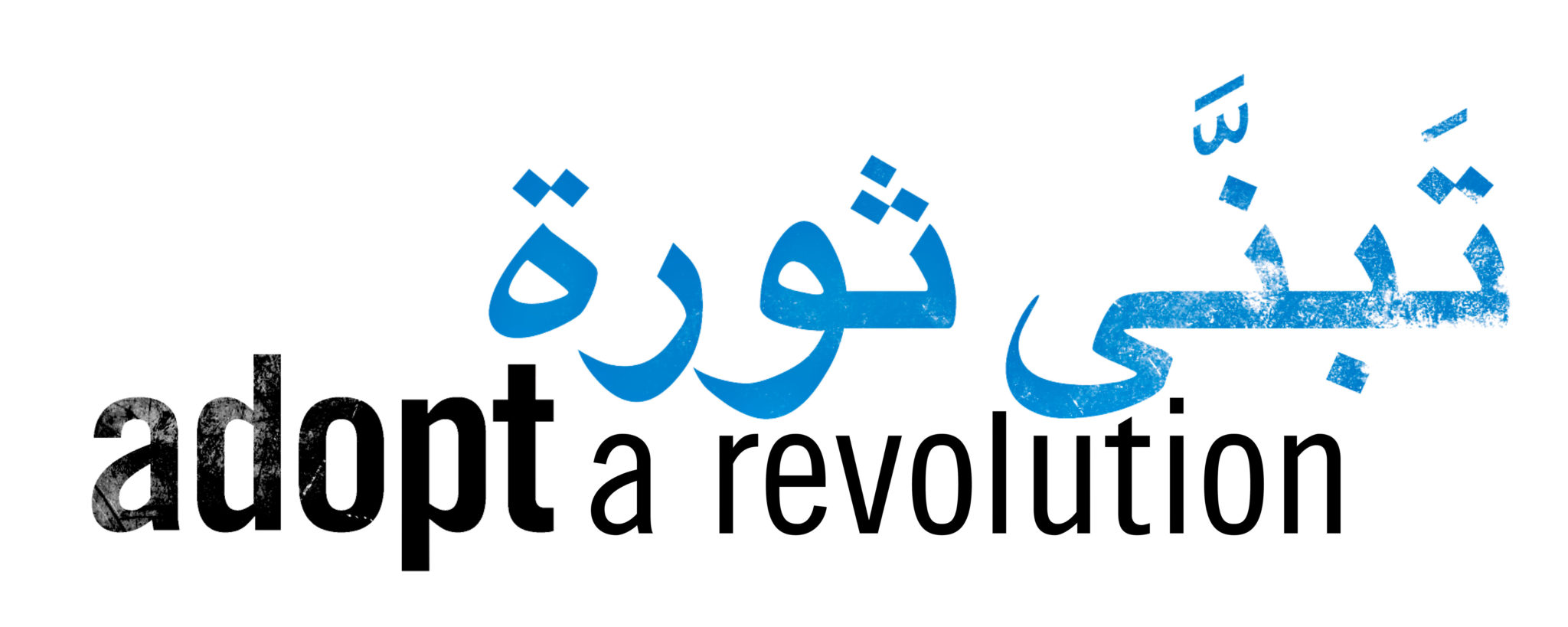The guardian reports on the latest massacre of the regime against civilians in a suburb of Damascus. According to the Syrian Observatory for Human Rights, it is about 250 people killed. This massacre seems to be consistent with the regime’s strategy to gain control over lost territories. Despite these massacres, Assad is still supported by Russia and China.
The question of the self-governance of Kurds in Syria is discussed by Nils Metzger in the magazine „Zenith“, where he describes how Kurds in Amuda try to build up governing structures. Thereby, he describes the overwhelming experience of Artists to do their work for the first time in their Kurdish mother tongue. These civil society organizations do not see themselves as part of other parties. Nevertheless, the popularity of the PKK (Kurdistan Workers Party) seems to be obvious. But the PKK is not the only popular party and so it competes with other parties to gain popularity among the Kurdish population in Syria. However, due to the violence of the regime, the parties created a joined body to provide the town with much needed security. What is important, though, is that people for the first time publicly discuss plans for their country’s future.
Likewise, Syria deeply portrays rising tensions between the PKK and Syrian rebel forces. It is contended that the clashes in Qamishli over the last weeks point to a future battle. Lately, rebels got control over villages south of Qamishli in order to gain control over the airport which is still under the government control. These incidents created panic among residents who urge the rebels not to enter the city as they do not wish to see their houses destroyed. Quoting a Kurdish politician, there is another argument against the rebels: “the Assad regime will fall in Damascus, not in Qamishli”.
In their analysis to understand of how Syrians feel and think, Al-Attar and Al-Zoubi analyse in OpenDemocracy the relationship between civil war and revolution as every revolution bears characteristics of civil conflict. However, they reject to read the Syrian conflict in sectarian terms, as most of the western media does. Characterizing this as Orientalist, they see the nature of the conflict as follows: Syrians rise up against “a new feudal class that had enslaved them entirely”. Yet, this reading of the conflict does acknowledge the existence of a sectarian rhetoric.
Furthermore, they reject the term “civil war” as they can never be a winner or loser. Since, negotiations can be the only solution; the conflict should be described as a “popular revolution against a tyrannical regime.” The description of the situation in Syria as a “civil war” reduces the conflict to two sides and takes away the “ethical significance of the struggle”. Eventually, the description of the situation as “civil war” ignores all the activities of the non-violent movement and civil society activities which are still taking place.
Another criticism is directed towards the term “proxy war” as misleading since one has to concentrate on the internal conflict to solve the Syrian conflict. Consequently, one needs to lock at what the Syrians are believing in and “why the act the way they do”.

